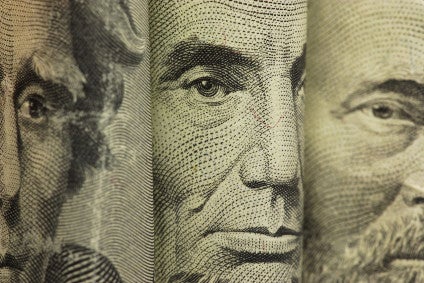
In the golden times, not so long ago, global automakers’ subsidiaries operating in Brazil sent healthy profits back to the parent companies’ coffers. Between 2006 and 2012 these even accounted for the bulk of profits some car makers made as their Brazilian units continued to perform well while those in other countries faced difficult, post-credit crunch times.
Such ebbs and flows are linked to economic cycles and the Brazilian tide has now turned, according to data from the country’s central bank crunched by seminars and media company Automotive Business (AB).

Discover B2B Marketing That Performs
Combine business intelligence and editorial excellence to reach engaged professionals across 36 leading media platforms.
In the first nine months this year, it said, Brazilian auto-related companies have remitted profits overseas of just US$38m a staggering 75% below the figure for the same period of 2015.
As recently as 2011, pushed by the fast growing domestic market of the period, remittances set a $5.7bn record thanks to high operating profits and ‘super-valuation’ of the Brazilian real to the US dollar.
Nowadays, Brazilian currency devaluation has made things harder. The only way to deal with today’s highly negative results, deepened by the current average idling of about half of of light and heavy vehicle factory installed capacity, is direct investment and inter-company loans.
From January to September this year parent companies’ straight investments in automakers operating here topped $4.1bn – 177% above same period in 2015.
According to AB, the automotive sector is leading direct foreign investment in the country this year.
However, making better use of markedly low interest rates in more developed markets, and the recent Brazilian currency devaluation, intercompany loans have also soared since the current sales crisis began in 2013.
From January to September 2016 global automakers’ Brazilian subsidiaries received loans totalling $3.7bn. On the other hand, the auto sector remitted $4.1bn abroad.
Nonetheless, this currency flow imbalance of almost $400m is not a problem at for the country’s balance of payments considering the $375bn foreign currency reserve.
Automakers’ lobby group Anfavea is expected next month to announce an expected 5% recovery of local sales for 2017.






